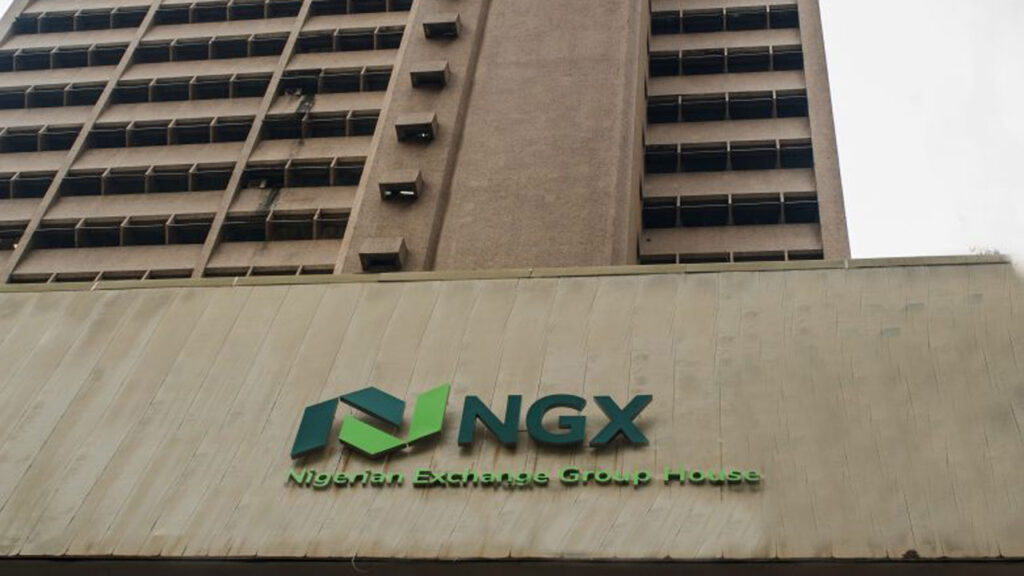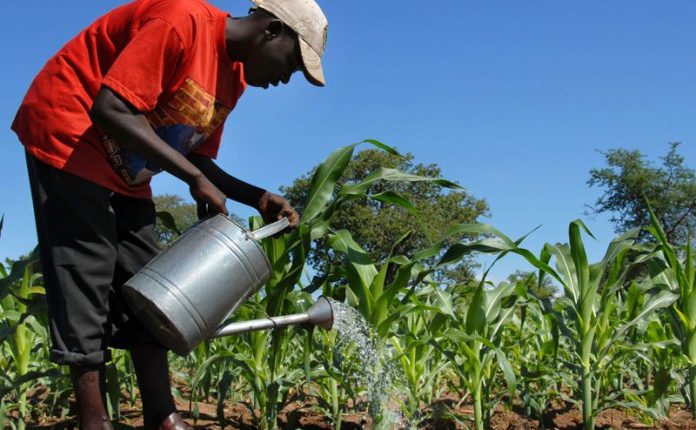
The Federal Government has expressed optimism of Nigeria mitigating a potential loss of $6.9 billion projected to be incurred from rejections of export items by developing countries to developed nations this year, with effective utilisation of the internationally accredited microbiology laboratory of the Standards Organisation of Nigeria (SON).
Indeed, a recent world bank report had estimated that developing countries will lose about $6.9 billion by 2015 to rejections of their of their exported food items.According to the Federal Government, Nigeria has continued to record the highest number of product rejection in the continent’s export profile to developed countries.
However, the Minister, Industry, Trade and Investment, Olusegun Aganga, has said the days of high rejection rate faced by Nigeria’s non-oil export goods at the international market are over courtesy of SON’s internationally accredited microbiology laboratory.
Aganga, who was speaking during the commissioning of SON’s food technology laboratory in Lagos, on Tuesday, explained that for decades, exporters in the country have suffered financial losses, maintaining that the country has also lost a significant amount of economic revenue to product rejection.
He said the country’s image has been dented due to huge amount of rejects, maintaining that Nigeria, the giant of Africa still has to depend on Ghana to export its products to the world.
“It gladdens my heart that the laboratory’s accreditation is in the process of being expanded to cover areas of micro nutrient, cable, refrigeration and cement in construction material. This is only the beginning. The laboratory is an integral part of the national quality infrastructure we are building for Nigeria. It is a shame that as a nation after 50 years, we never had one and this is what this administration is leaving behind. For the first time in history, we now have a quality policy which took us a long time.”
According to him, the number of rejects in major foreign markets between 2012 and 2013 revealed that Benin republic had 2 rejects; Egypt had 95, Ethiopia 3, Zambia 5, and South Africa 56 while Nigeria recorded 102.
He said the plummeting oil price is a wakeup call as a country, saying that Nigeria can no longer rely on one product for foreign exchange.
“That time has come and gone. This is why we launched the NIRP to add value to all our commodities. Going forward, this is not about exporting crude oil but selling crude oil to Nigerian companies creating jobs for this country and also produce petroleum products here in the country which we spend more $15 million importing petroleum products into the country.
We will save that and become a net exporter of petroleum products by 2018. It is not all about agriculture because Nigeria is a blessed nation with 44 solid minerals in commercial quantity,” he said.
The Director General, SON, Dr. Joesph Odumodu, said the agency would have not achieved this great feat, if not for the support of the ministry of trade and investment, saying that the SON has received a lot of support from the minister to get the laboratory up and running.
“We achieved what we have today without any foreign or international consultant. We decided that we can do these ourselves and with the kind of management we gave to our people we were able to achieve this great feat.
He said going forward; there would be more laboratories to complement the effort of the newly commissioned laboratory.
“I want to invite you to avail yourself of the laboratories we have here and the more that will come in the future,” he said.
The Chief Executive Officer, Nigerian Export Promotion Council, Segun Awolowo said some of the factors responsible for the rejection of exported food item include non-compliance with regulatory requirements for processed and semi-processed commodities, non-compliance with documentation requirements, incorrect filling of information for entry.











